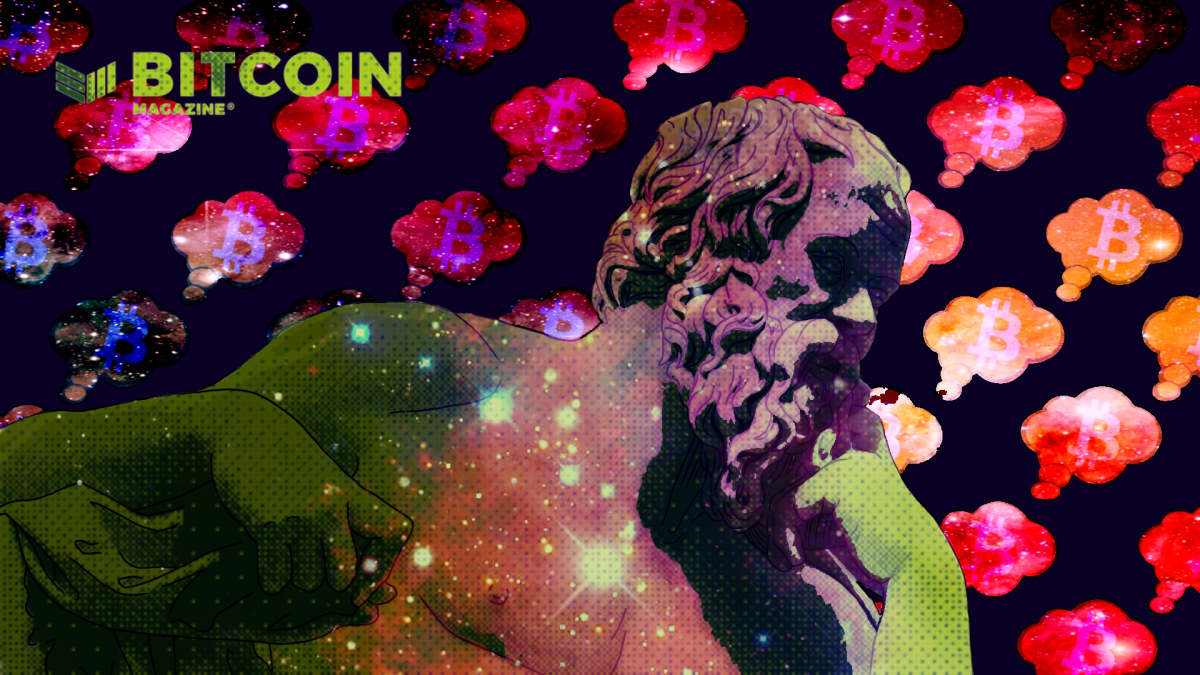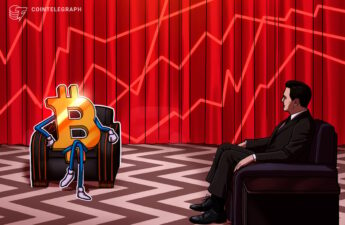Throughout the whole of history many means of exchange have disappeared. Supposing that money as we know it today, were to also disappear? The world would not miss it for a single day, for its disappearance alone would reveal that it had been replaced by something perhaps much better. We can no longer bear the sight of it; consequently, we have begun to abolish cash, just as we once abolished slaves without completely abolishing their trades.
Denying, destroying and inventing have almost always gone hand in hand. It seems as if from the very moment we are born a portion of nonconformism is mixed with us in all things. It’s as if we come into the world with the duty to honor the old foundations, but without renouncing the right to tear them down in order to build them up again; as if the first thing that life teaches us is that it is necessary for many things to collapse in order to be able to build many others. Perhaps there is not a single creator who is not also a destroyer, or at least who does not have a highly non-conformist and sceptical spirit, a brain addicted to great progress, which above all also wants the means to obtain it. Nonconformism, for the creator, is characteristic of the upward march of the spirit’s development, which is why he always wishes to find a new form of maturity on earth and is not satisfied with having eyes to see without a mouth to say that it can also be seen in another way. In his case, it is natural for him to live thinking: I learn it because it can be taught, I seek it because it can be found, and I change it because it can be improved. He understands better than anyone else that in all ages, in all places and in all fields the bad always dominates, and that the good is generally the rare; that we owe the slowness of progress to the unconsidered respect for old customs, old laws and old human prejudices.
















